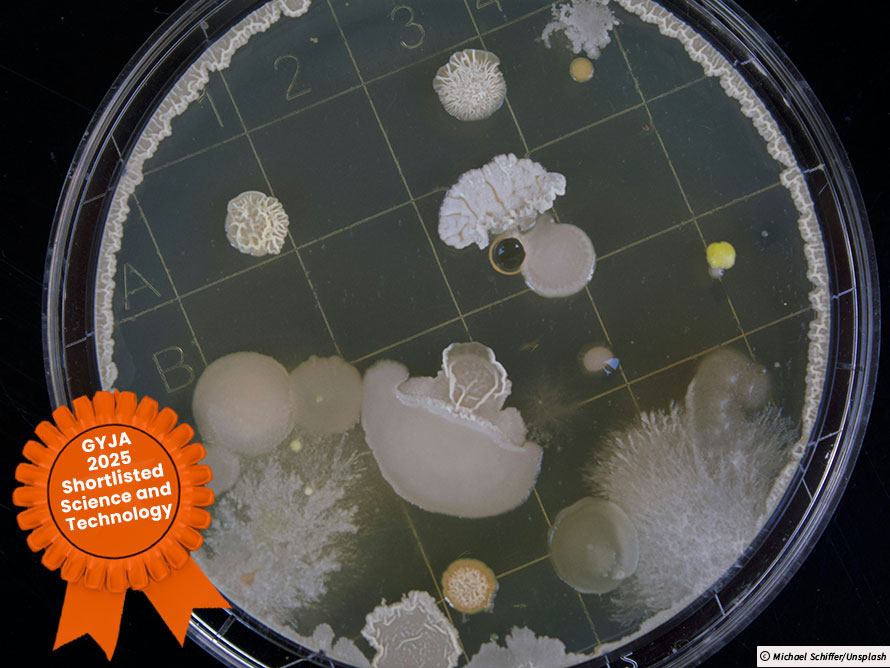Maya, 12, from Haberdashers Monmouth, explores an amazing scientific field which could transform the world of medicine.
After years of using inefficient methods to identify infection such as PCR or bacterial culture tests, a rapidly developing technology known as metagenomics is now emerging and could revolutionise how we diagnose and treat diseases
Since 2019, Ellie Irwin — a 29-year-old junior doctor — had been struggling with a serious eye infection. For five years, the doctors at Southmead Hospital in Bristol were unable to provide a clear diagnosis. After such a prolonged period, both the healthcare professionals and Ellie began to lose hope, even considering eye removal. That was until they turned to metagenomics.
Initially, Ellie began experiencing persistent inflammation in her right eye, prompting her to visit a doctor. After a culture test for infection proved negative, doctors assumed it was an autoimmune condition and diagnosed her with uveitis. Despite following a complex treatment strategy, her symptoms continued to worsen, making it increasingly difficult to keep up with her medical training.
“It started to take over everything,” Ellie said. “I was struggling with my balance and my vision in general because of the treatment, but nothing ever seemed to improve.” Her condition was beginning to take such a toll on her that she was considering having the affected eye removed. “Although the prospect of losing an eye was frightening, my greatest concern was it spreading to the other eye.” It was at this point one of her doctors suggested metagenomics as a last resort. Ellie agreed and a sample of a fluid in her eye was brought to the metagenomics labs at Great Ormond Street Hospital (GOSH) – the only lab in the UK officially recognised to carry out these diagnostic tests for patients.
Within a day, Ellie received the news that her test results were positive. She had been diagnosed with a rare bacterial infection known as leptospirosis, typically found in South America. It was believed she contracted it whilst swimming in the Amazon River, Colombia in 2018.
“I couldn’t stop crying — this was going to change my life forever. I never imagined the results would come back positive, let alone for something treatable.” Ellie was prescribed a three-week course of antibiotics, and the inflammation began to subside within days — just in time for her wedding.
The challenge with conventional methods of identifying infection is that they are targeted. This means doctors must already have a suspicion about which organism might be present. However, metagenomics allows scientists to analyse the DNA of all the organisms present in a sample recovered directly from the environment (in this case Ellie’s eye) at once. Standard tests can often take several days to deliver results; in comparison to metagenomics, which typically provides answers within just 24 hours. A single metagenomics test currently costs around £1,300, but with increasing advancements in technology, many believe these tests will become more affordable and increasingly accessible to a wider range of patients—not just those who are critically ill.
Many believe that this groundbreaking technology marks the beginning of a transformative era that will reshape the future of medicine.
Interested in submitting your own Student Voices article or video? Find out more here.
Cite
While every effort has been made to follow citation style rules, there may be some discrepancies. Please refer to the appropriate style manual or other sources if you have any questions.













